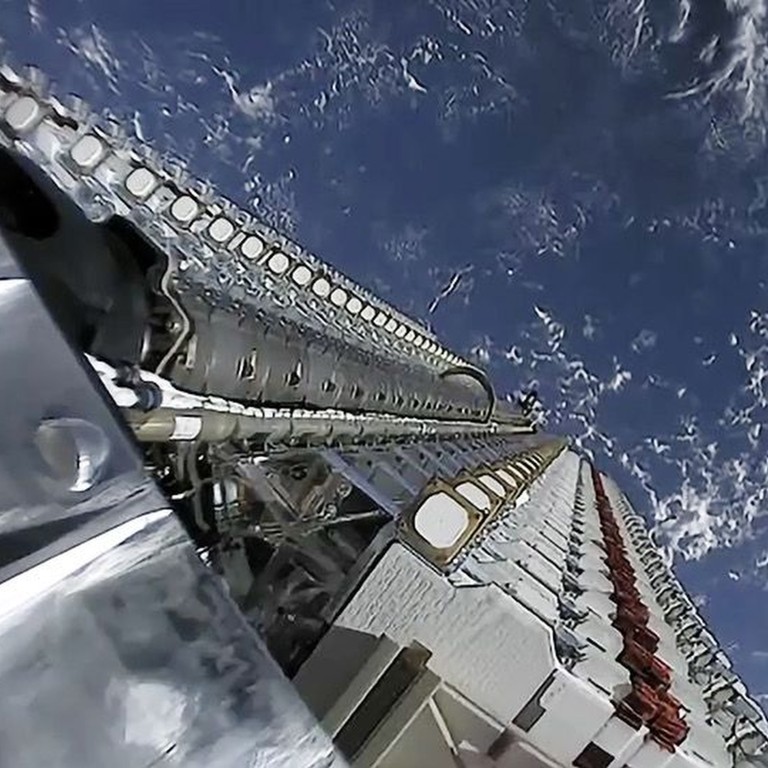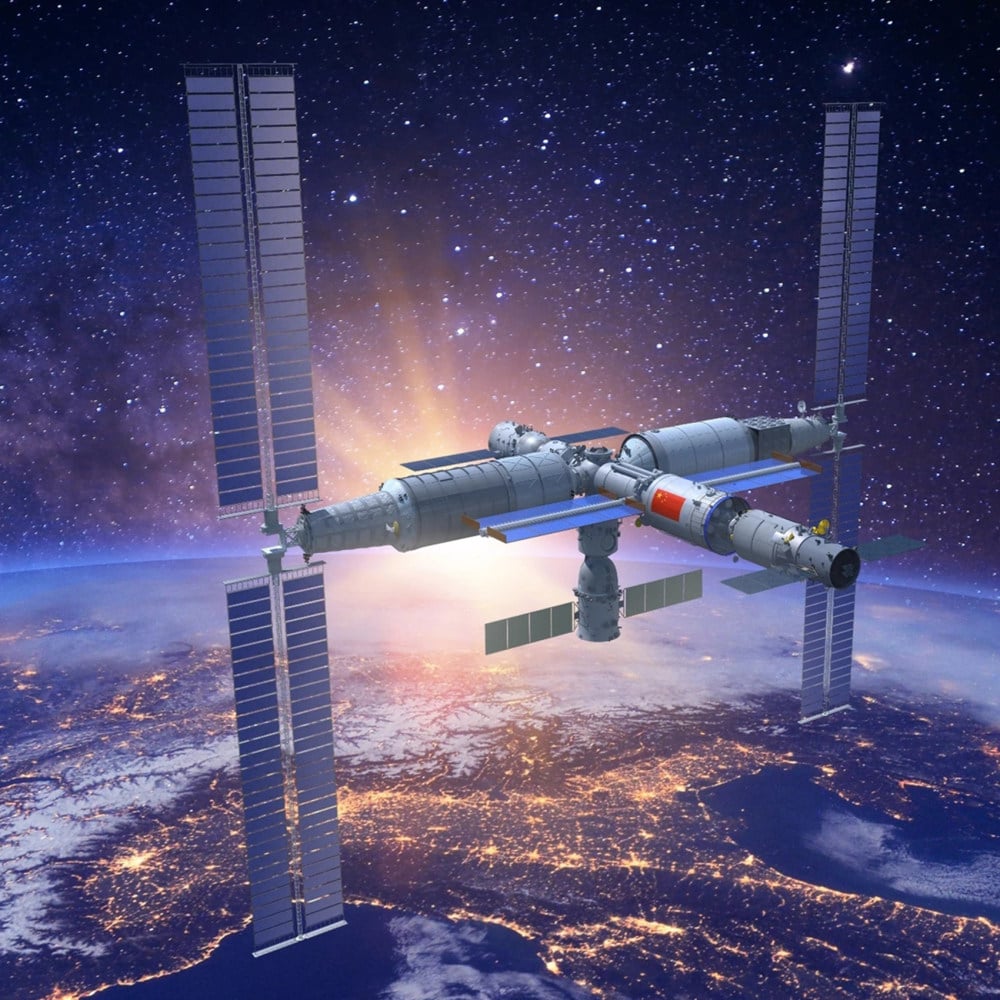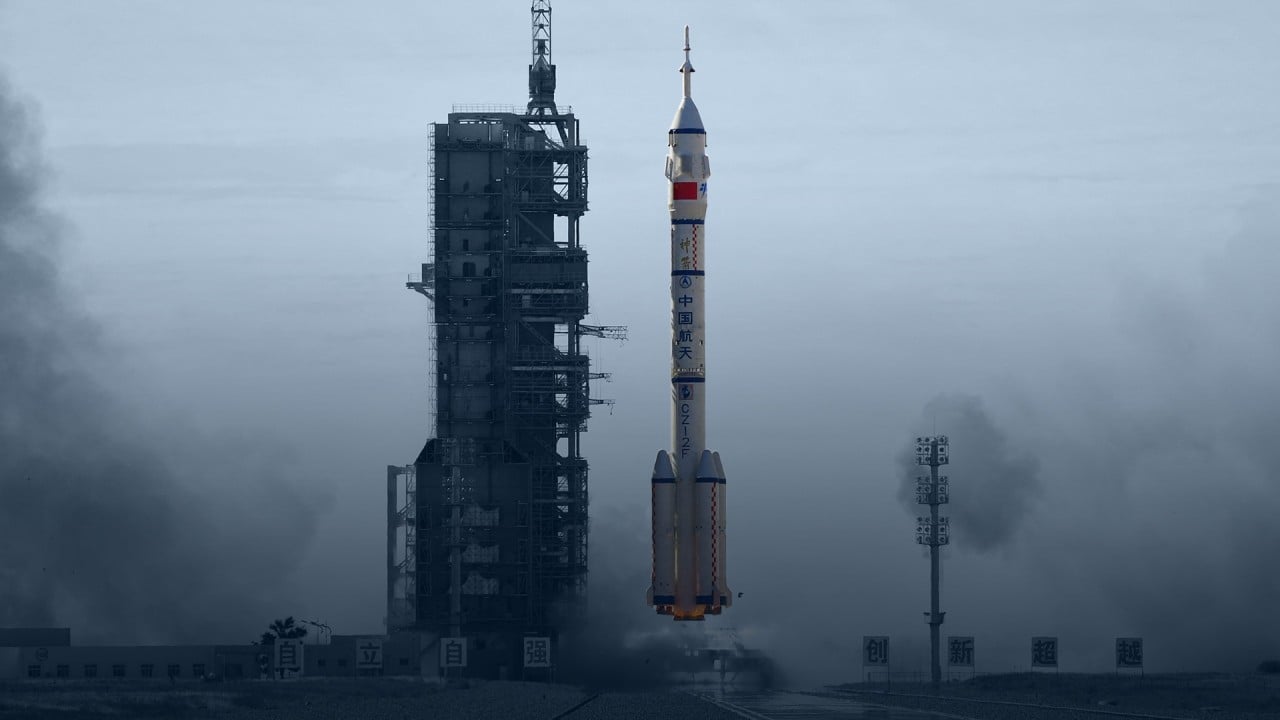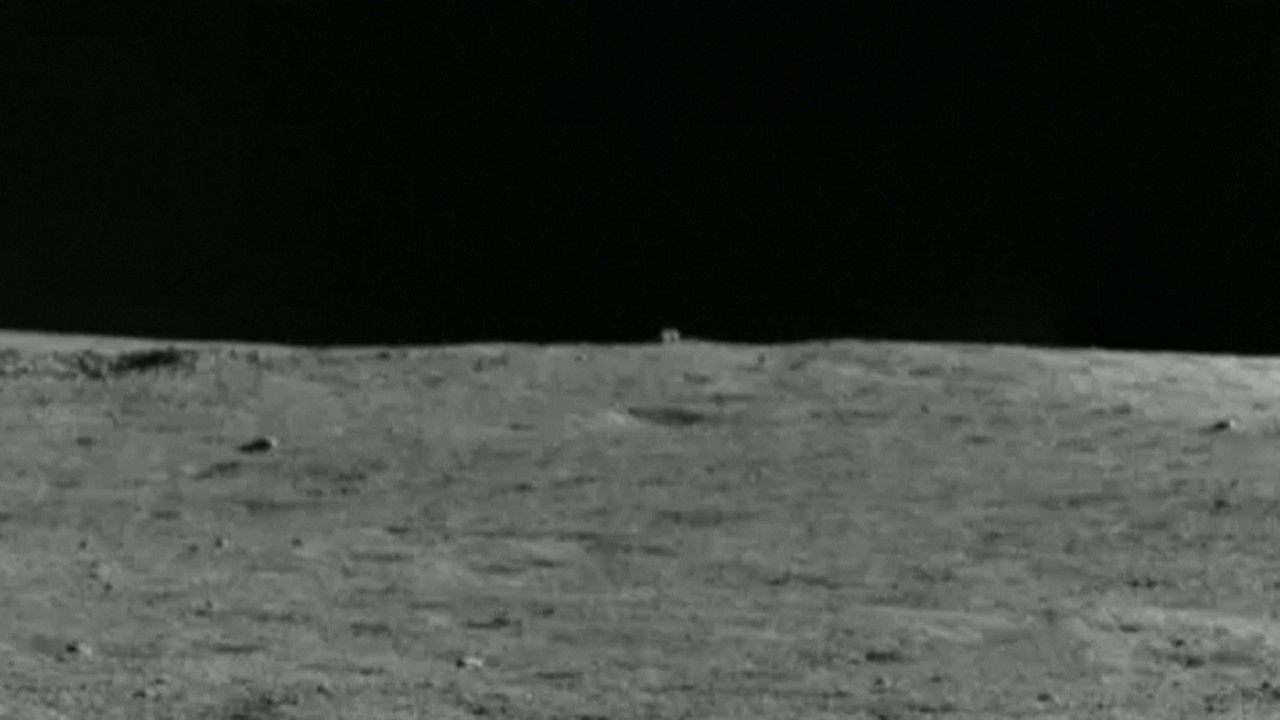
Why China reacted so strongly to its Tiangong space station’s near-misses with Elon Musk’s satellites
- The two incidents this year involving satellites from Elon Musk’s company SpaceX prompted a complaint to the UN and calls on the US to act
- China is worried America wants to dominate space and some observers believe the tech entrepreneur’s company may serve that ambition
China complains of near-collisions with SpaceX satellites
The Chinese space station was forced to manoeuvre to avoid hitting the satellites, one of which came within 4km (2.8 miles) of a collision, and Beijing later sent a note to the United Nations complaining about the close encounters.
Beijing has repeatedly demanded the US avoids similar incidents, and called on Washington to be a “responsible player”.
SpaceX has sent more than 1,900 satellites into space since 2019 and will have more than 42,000 in orbit when its programme is complete.
Song Zhongping, a former PLA instructor, said: “If Musk’s satellites occupy large portions of [the near-Earth and sun-synchronous] orbits, it leaves little opportunity for other nations to send their own satellites.
“The Starlink satellites have the potential to serve the US military during wartime, and the power of having thousands of eyes in the sky can never be underestimated.”
China asks US to stop Elon Musk’s satellites approaching its space station
Zhou Chenming, a researcher at the Yuan Wang military science and technology institute in Beijing, said Starlink satellites could be modified to track Chinese missiles, but would not threaten China in the short run.

Huang Zhicheng, a specialist in aerospace science and technology, told the Chinese tabloid Global Times that it was possible the satellites were testing China’s capacity in space by checking whether it can accurately gauge their movements.
The latest incidents involving the Chinese space station follow a 2019 incident when the European Space Agency had to move an Earth observation satellite to avoid a collision with a Starlink satellite.
A report published earlier this year by planetary astronomer Aaron Boley, and international law scholar Michael Byers, both from the University of British Columbia, said mega-constellations like the Starlink increased the risk of a serious accident.
In just 2 years, US Space Force has made ‘preparations for space warfare’
“Using simple models, we also show that untracked debris will lead to potentially dangerous on-orbit collisions on a regular basis due to the large number of satellites within mega-constellation orbital shells,” said the report, published by Nature Portfolio in May.
“De facto orbit occupation by single actors, inadequate regulatory frameworks, and the possibility of freeriding exacerbate these risks. International cooperation is urgently needed, along with a regulatory system that takes into account the effects of tens of thousands of satellites.”
Zhou also said countries should work together to regulate the use of space.
“I hope one country’s use of space won’t cause security risks for other countries, and as governments and academics have not reached a consensus on the vertical extent of a country’s airspace, outer space-related topics need to be discussed urgently,” Zhou said.
Edward Verco, a contract management associate at Lockheed Martin Australia and who researches regulation in the space and cybersecurity sectors, said in an article published earlier this month in the Australian National University Journal of Law and Technology that better regulation of satellites is needed.
“The cybersecurity of satellites requires significant improvement … The deployment of thousands of satellites in constellations overcrowds low-Earth orbit, which, coalesced with the presence of military satellites, provides attractive opportunities for malicious actors,” said Verco.
“Current international space law does not adequately address issues of cybersecurity and does not protect satellites from cyberthreats.”
China closes in on deep space ambitions with latest rocket engine test
Song said China should speed up its own space technological development. “On the one hand, China has to respect leading players such as SpaceX, on the other hand, China has to develop both space technology and the relevant defensive technology in space, so that China can at least mitigate unexpected risks in outer space,” he said.
“China should make a strong call that outer space shouldn’t be militarised and weaponised; this place cannot become a new battlefield.”
Additional reporting by Jack Lau and Bloomberg



